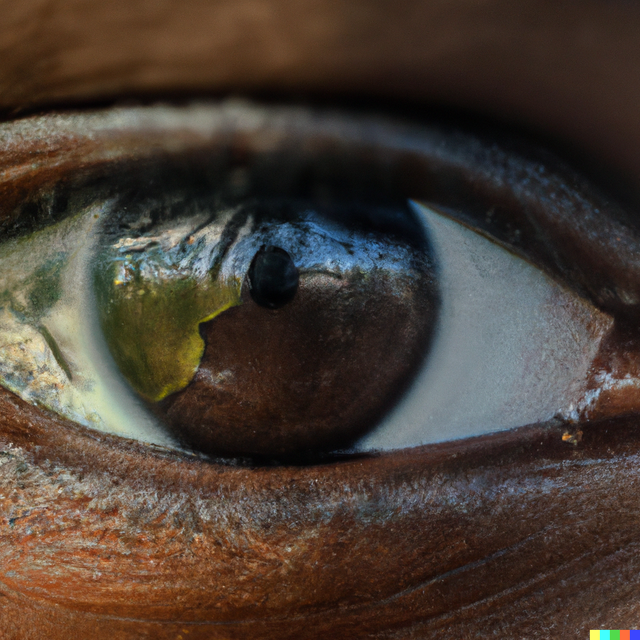As we enter the new decade, it is clear that the world is facing a multitude of challenges that will shape
its future in the years to come. From the emergence of new technologies like cryptocurrency,
blockchain tech and A.I to the ongoing impacts of climate change and political turmoil, there are a
number of critical events that will shape the world of 2030.
One of the most significant developments of recent years has been the rise of cryptocurrency and
blockchain technology. These innovations have the potential to fundamentally change the way we
transact and conduct business, potentially disrupting traditional financial systems and challenging the
dominance of central banks. While there is still much uncertainty surrounding the future of
cryptocurrency, it is likely that it will continue to grow in popularity and become more widely accepted
as a legitimate form of payment in the coming years.
In addition to the growth of cryptocurrency, the world is also facing a number of political challenges
that will shape its future. The rise of populism and nationalism, for example, has led to increased
tensions between countries and has contributed to the erosion of international institutions like the
European Union and the United Nations. It is likely that these trends will continue in the coming years,
leading to further political instability and conflict.
Religion is another factor that will play a significant role in shaping the future of the world, as it
depends on many factors such as changes in society, cultural shifts, and individual beliefs. However, it
is likely that religion will continue to play a significant role in many people's lives and influence their
values and decisions. It is also possible that new religious movements or belief systems may emerge in
the coming years. Ultimately, the shape of religion in 2030 will be determined by the choices and
actions of individuals and communities around the world. The issue of food shortages is another
critical challenge facing the world. As the global population continues to grow and climate change
leads to more extreme weather events, it is becoming increasingly difficult to produce enough food to
meet the needs of the growing population. This will likely lead to increasing competition for resources
and could potentially spark conflicts over food and water in the coming years.
The threat of new pandemics and diseases is also a significant concern. The COVID-19 pandemic has
shown the world just how quickly a new disease can spread and the devastating impact it can have. It
is likely that we will see more pandemics in the future, potentially caused by new diseases or the
emergence of antibiotic-resistant bacteria. This will require a significant effort to strengthen global
health systems and improve our ability to respond to these crises.
Climate change is perhaps the greatest challenge facing the world today. The impacts of rising
temperatures, sea levels, and extreme weather events are already being felt around the globe, and it is
likely that these impacts will only become more severe in the coming years. The world will need to
take drastic action to reduce greenhouse gas emissions and adapt to these changes in order to
mitigate the worst impacts of climate change.
It is difficult to predict exactly how artificial intelligence (AI) will shape the world by 2030, as it depends
on how quickly AI technology advances and how it is adopted by various industries and organizations.
However, it is likely that AI will continue to be integrated into various aspects of our daily lives and be
used to solve complex problems in fields such as healthcare, transportation, and education. Some
experts believe that AI will be able to perform many tasks better than humans by 2030, which could
lead to significant changes in the job market. It is also possible that AI will be used to address global
challenges such as climate change and inequality. It is important to approach the development and
use of AI ethically and to consider its potential impacts on society.
So what will the world of 2030 look like based on these critical events? It is difficult to say for certain,
but it is likely that we will see a world that is more interconnected than ever before, with technology
playing a central role in our daily lives. We will also likely see a world that is more divided, with
increasing tensions between different countries and regions. The challenges of climate change and
food shortages will also be front and center, as we work to find ways to feed a growing population in
the face of increasingly extreme weather events.
Ultimately, the future of the world in 2030 will be shaped by a combination of these critical events and
the choices we make in response to them. It is up to us to take action to address these challenges and
shape a future that is sustainable, equitable, and prosperous for all. Related articles
"The Consequences of the Gender Crisis: How is it Affecting Society?" By syntaxwriter

Authors get paid when people like you upvote their post.
If you enjoyed what you read here, create your account today and start earning FREE STEEM!
If you enjoyed what you read here, create your account today and start earning FREE STEEM!